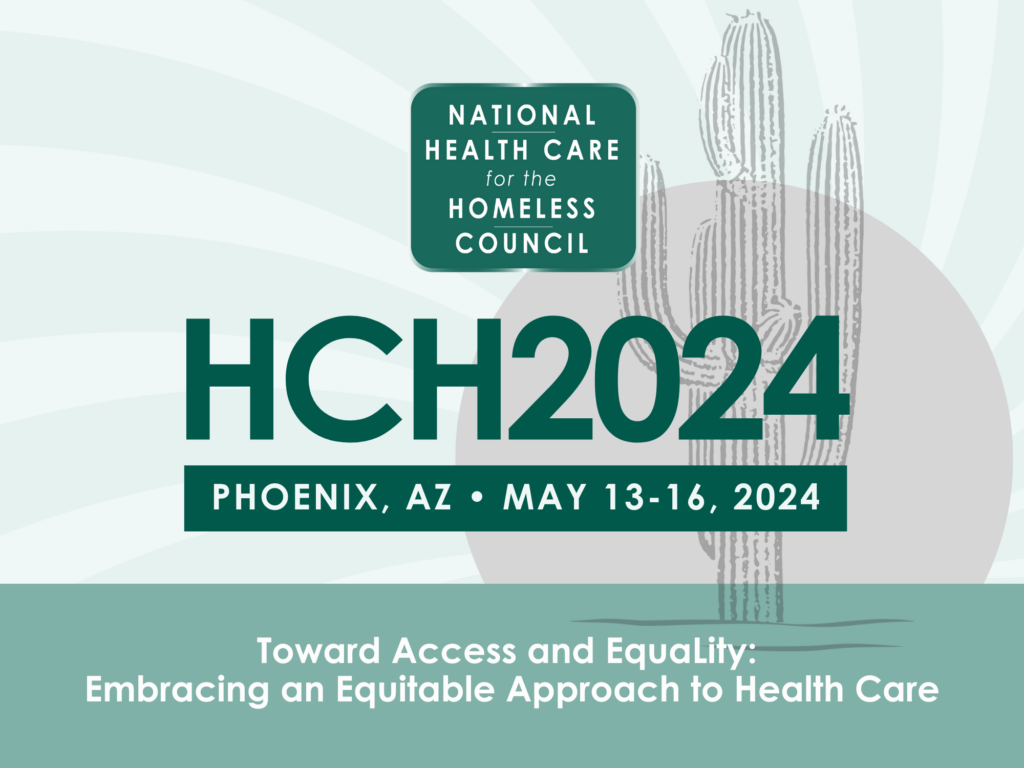Telehealth in a Street Homeless Clinic: Improving Care and Access
Telehealth has the potential for increasing access to healthcare services and improve health outcomes. The lack of phone or internet access should not be a barrier for this type of access. Telehealth technologies should be imbedded into free and charitable clinics that are providing services to these individuals. This type of access can expand services […]
Telehealth in a Street Homeless Clinic: Improving Care and Access Read More >>

